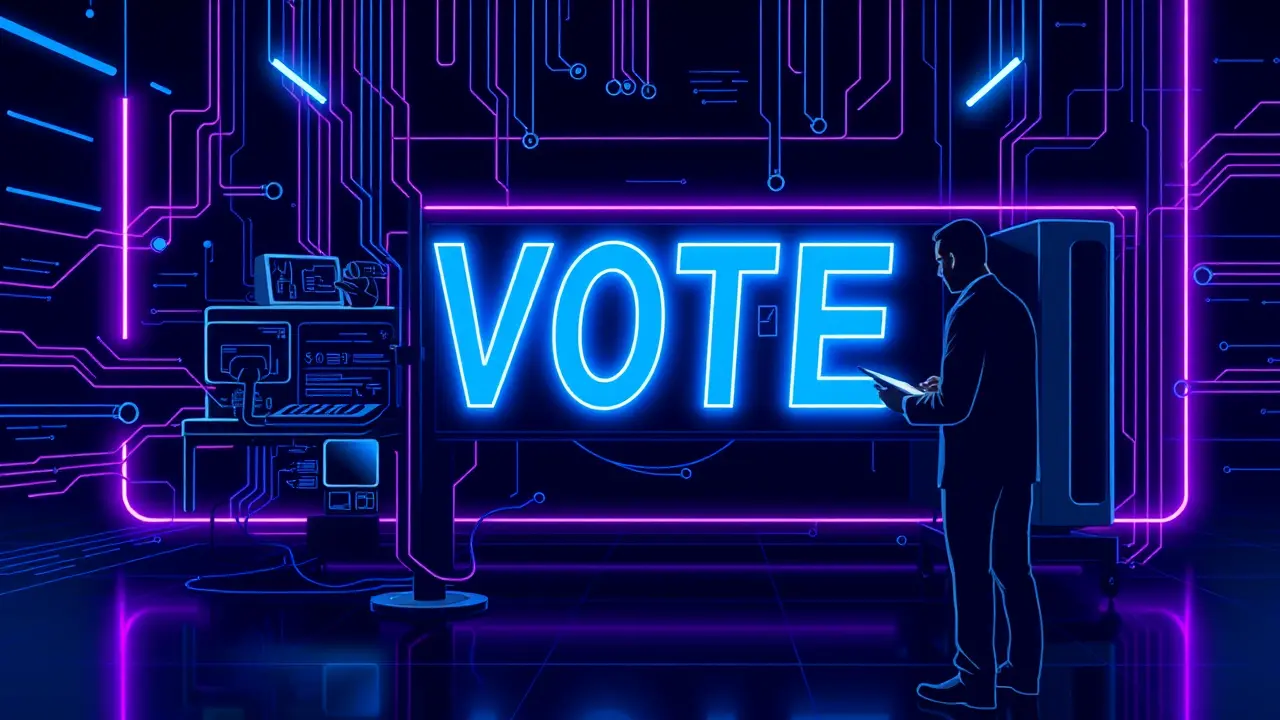One Republican Now Controls a Huge Chunk of US Election Infrastructure
In a development that strikes at the very heart of American democratic integrity, the machinery governing the nation's electoral process has been consolidated into the hands of a single political operative, a maneuver with historical parallels that should alarm every citizen. Scott Leiendecker, a former Republican strategist whose career was built in the trenches of partisan campaigns, has executed a stunning acquisition, purchasing Dominion Voting Systems, the company whose technology forms the bedrock of vote casting and counting in nearly half the United States.This isn't merely a corporate takeover; it is a quiet, profound seizure of the logistical levers of power, placing control over voting systems used in 27 states under the purview of an individual with deep-rooted allegiances to one side of the political aisle. The immediate and visceral concern among a broad coalition of election security experts, from academics to former intelligence officials, is not just about potential malfeasance but about the inherent vulnerability and perception of bias this creates.Imagine, for a moment, a scenario akin to a historical precedent: the appointment of a partisan actor to oversee the very process they are meant to contest. This move effectively privatizes a core public function, embedding a conflict of interest into the infrastructure of democracy itself.Dominion, a name forever seared into the public consciousness by the post-2020 election conspiracy theories, now finds its fate intertwined with a figure from the very political ecosystem that propagated those falsehoods. Leiendecker’s assurances of impartiality ring hollow against the backdrop of his professional history, which is a masterclass in political warfare, not neutral administration.The questions are legion and terrifying in their implication: What safeguards, truly, are in place to prevent the subtle tweaking of software code, the obfuscation of audit trails, or the strategic allocation of maintenance resources to districts favorable to one party? This isn't about alleging a grand plot to flip millions of votes overnight; it’s about the insidious erosion of trust, the creation of a permanent cloud of suspicion that will hang over every future election decided by these machines. The consequences extend beyond a single election cycle.This consolidation risks creating a chilling effect on voter turnout, as faith in the system's neutrality plummets. It invites endless, and perhaps justified, litigation, paralyzing the peaceful transfer of power.It provides a ready-made scapegoat for any candidate who loses, fueling the very disinformation that brought us to this precipice. The situation demands an immediate and robust response from Congress, not with partisan grandstanding, but with a Churchillian resolve to defend democratic institutions from clear and present dangers.We must ask ourselves if we are willing to accept a future where the gatekeepers of our most sacred right are not public servants bound by oath, but private actors motivated by profit and past allegiances. The integrity of the republic depends on the answer.
DA
Daniel Foster123k6 minutes ago
stay consistent, progress comes quietly. trust is built one honest action at a time, not in a single transaction. don't rush greatness—it compounds.
0
JA
Jamie Larson123k2 hours ago
wow this seems fine and totally normal meanwhile i can't even get my streaming services to work
0
JA
Jamie Larson123k2 hours ago
this is not good at all
0
